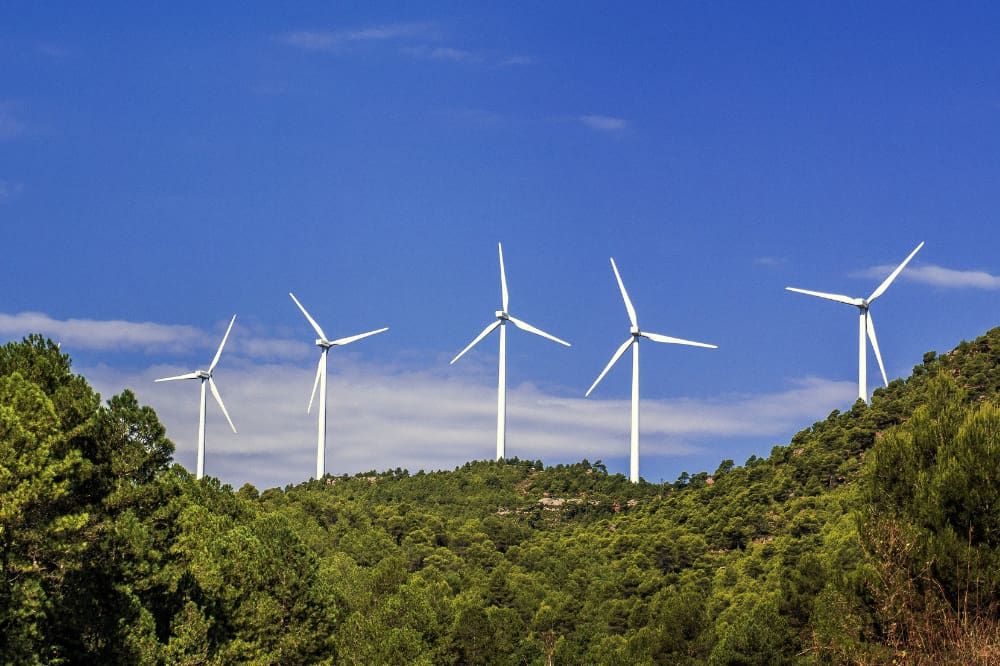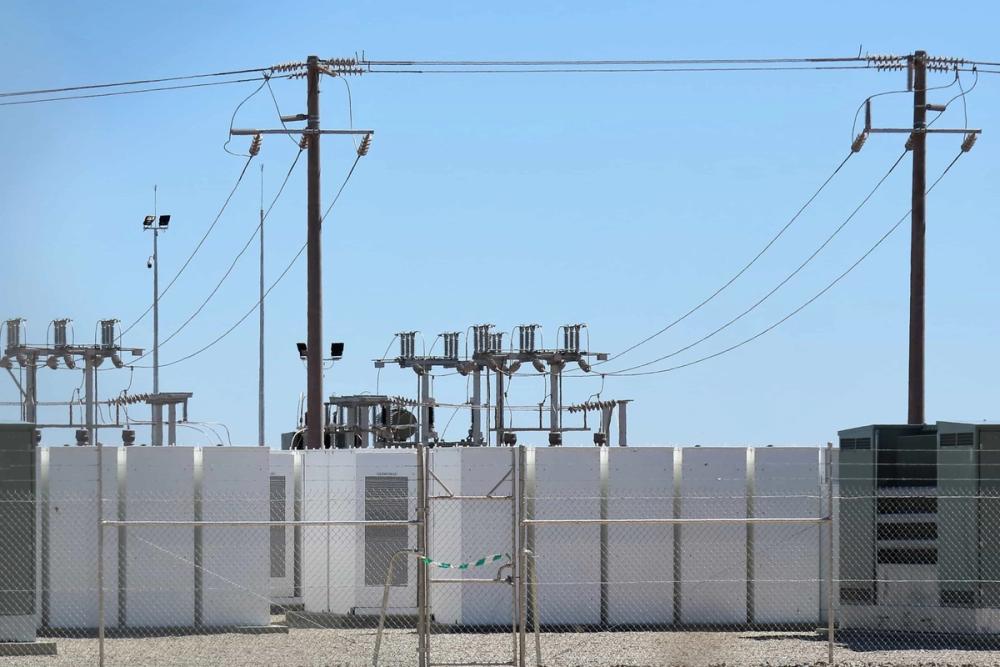Renewable Energy In The UK: How Is It Created?

The United Kingdom, like many other nations around the world, is undergoing a significant transition in its energy landscape.
The emphasis on sustainable living, reducing carbon emissions, and addressing climate change has led to a growing focus on renewable energy sources.
But how exactly is renewable energy in the UK created? That’s what we’ll be exploring in this blog post.
Read on to learn more about the various methods through which renewable energy is created in the UK, the importance of this transition, and the role it plays in shaping the country's energy future.
The Importance of Renewable Energy Sources
Climate change, driven by greenhouse gas emissions from the burning of fossil fuels, poses a severe threat to the planet. The UK, like many countries, has committed to reducing its carbon emissions significantly. Renewable electricity generation is a key tool in achieving these reductions.
Relying on fossil fuel imports for energy can lead to vulnerability to supply disruptions and price fluctuations. Utilising local renewable resources enhances energy security.
Investing in the UK's renewable energy creates jobs, allows for economic growth, and encourages innovation in clean energy technologies. It can also support local economies and communities.
Reducing the use of coal, oil, and natural gas for energy production improves air quality and public health by reducing harmful pollutants.
Renewable energy aligns with the principles of sustainable development by minimising environmental impacts and conserving natural resources.
Renewable Energy Sources in the UK
The UK employs various renewable energy sources to generate electricity, heat, and power for various applications.
Onshore wind farms are common in the UK, with numerous turbines situated on land, often in hilly or coastal areas. These turbines capture the kinetic energy of the wind and convert it into electricity.
The UK is a global leader in offshore wind power. Offshore wind farms are located in the seas around the UK and harness the strong and consistent winds found there.
Solar power in the UK is generated using photovoltaic (PV) panels that capture sunlight and convert it into electricity. Solar panels are installed on rooftops, ground-mounted in open areas, and integrated into building designs.
Biomass energy is produced from organic materials, including wood, agricultural residues, and food waste. These materials can be burned to produce heat or converted into biofuels for heat, electricity, and transportation.
Hydropower, or hydroelectric power, uses the energy of flowing water to generate electricity. The UK has both large-scale hydroelectric plants and smaller installations, often used in remote areas.
The UK's extensive coastline and powerful tides and waves offer significant potential for tidal and wave energy generation. Specialised devices capture the energy from the movement of tides and waves and convert it into electricity.
How Is Renewable Energy Created?
There are a wide number of different forms of renewable energy that you can choose from when making your switch, ranging from utilising the sun with solar power to the use of the earth in geothermal energy.
No matter which you eventually opt for, you can be assured that you will feel the great benefits that each presents when utilised properly. These types of energy produce electricity in different ways which presents its own set of benefits and challenges.
Solar Power
Solar panels, or photovoltaic cells, capture sunlight and convert it into electricity. When sunlight hits the solar cells, it energises the electrons in the semiconductor material, creating a flow of direct current (DC) electricity.
Inverters then convert the DC electricity into alternating current (AC), making it compatible with the electrical grid and suitable for use in homes and businesses.
Biomass Energy
Biomass energy is produced from organic materials such as wood, agricultural residues, and food waste. These materials can be burned to produce heat or converted into biofuels like biogas and biodiesel.
In the case of combustion, the heat generated is used to produce steam, which drives a turbine connected to a generator, producing electricity.
Geothermal Energy
Geothermal energy taps into the Earth's internal heat. Wells are drilled deep into the Earth's crust to access hot water or steam.
This hot water or steam is then brought to the surface and used to drive turbines, which generate electricity. In some cases, geothermal energy is used directly for heating and cooling applications.
The Importance of Renewable Energy For UK Businesses
The adoption and growth of renewable energy sources in the UK are of paramount importance for several reasons. Large businesses all over the country should be looking to implement sustainable practices into their business model to aid in tackling climate change.
As one of the primary contributors to greenhouse gas emissions, transitioning to renewable energy sources is a critical step in achieving the UK's emissions reduction targets.
It aligns with the country's commitment to the Paris Agreement and its goal of achieving net-zero emissions by 2050.
The UK's reliance on fossil fuel imports for energy makes it vulnerable to supply disruptions and price fluctuations. Investing in renewable energy enhances energy security by utilising domestic and sustainable resources.
The renewable energy sector is a significant source of job creation and economic growth. It offers opportunities for local communities and stimulates innovation in clean energy technologies.
Reducing the use of fossil fuels for energy production improves air quality, leading to better public health outcomes and a reduced burden on healthcare systems.
Investing in renewable energy promotes technological advancements, leading to more efficient and cost-effective energy solutions. These innovations benefit not only the UK but the global clean energy industry as well.
The Future of Energy Consumption
The transition to renewable energy in the UK is an ongoing and evolving process. With continued investments, advancements in technology, and policy support, the country is well-positioned to achieve its sustainability and emissions reduction goals.
The development of larger and more efficient renewable energy projects, along with increased grid integration and energy storage, will be crucial in ensuring a reliable and sustainable energy future.
The creation of renewable energy in the UK is a multifaceted and dynamic process. It is driven by the urgency of addressing climate change, improving energy security, and fostering economic growth.
At Balance Power, we strive for a green future. We work with landowners, local authorities and communities to provide more sustainable energy solutions. We provide specialised private wire networks that will boost the sustainability of your business along with your ESG score.
This will in turn be able to improve your business’ overall image in the industry you work in and among your competitors. Contact our team today to enquire about how we can help you with green energy projects.



